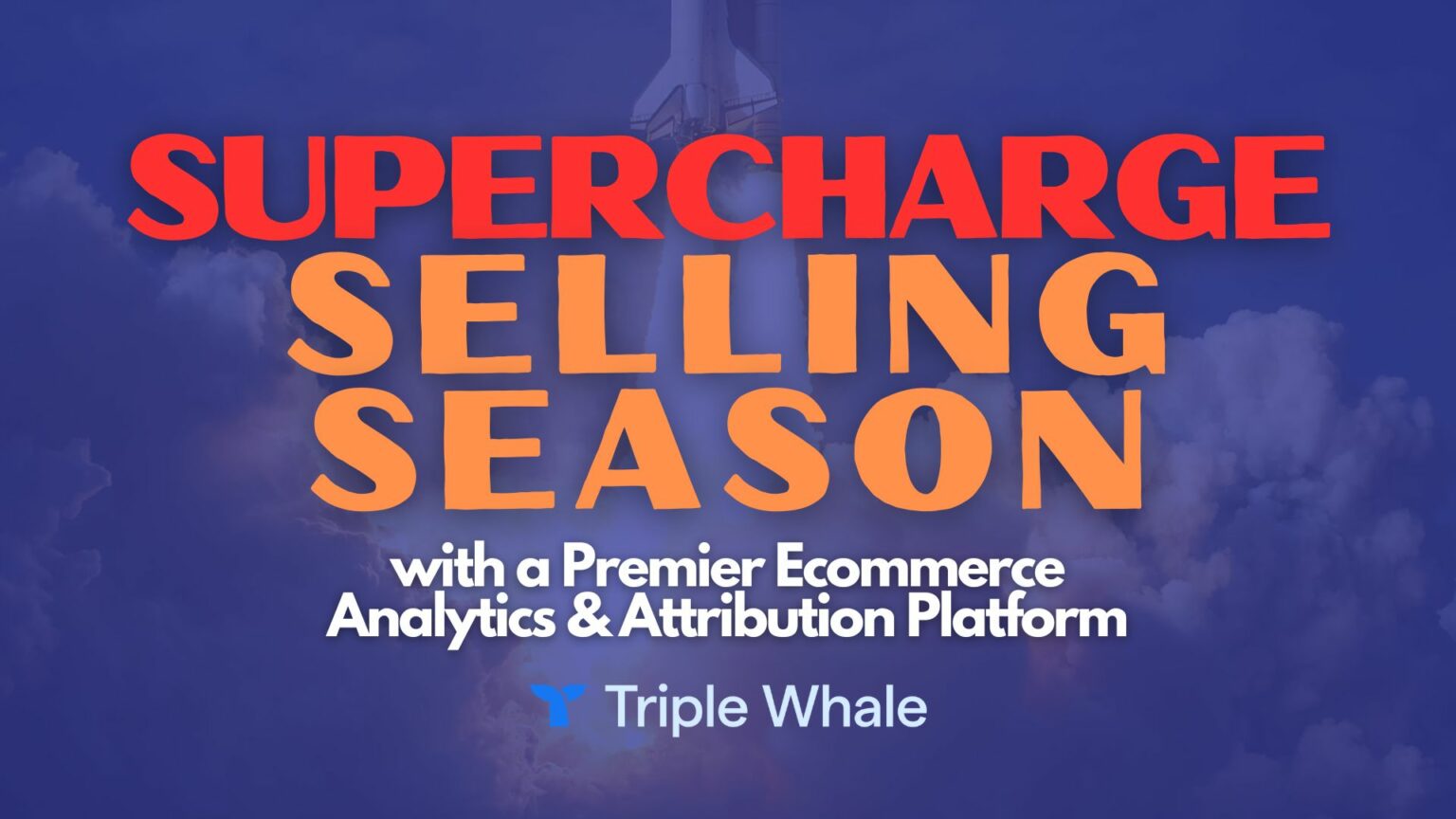
Why Every eCommerce Marketer Needs SQL


Analyzing eCommerce marketing campaigns effectively has always been a challenge. Fragmented or inaccurate data, difficulties with attribution modeling, and complex tools make it hard to assemble an accurate picture.
Getting that picture right, however, can be a game changer. Analytics from marketing campaigns empower marketers to understand their audience’s behavior and generate insights that lead to more engaging customer interactions and increased return on investment (ROI).
The good news is that eCommerce brands already have data that contains these insights — you just need the right filters and analysis. Structured Query Language (SQL) can help you analyze your data and unlock the insights you need to boost campaign performance.
What is Structured Query Language?
Structured Query Language (SQL) is a programming language for storing and processing information in a relational database.
An SQL database organizes eCommerce information with a Relational Database Management System (RDBMS), which lets you organize and analyze your data easily. An RDBMS also keeps your data safe and lets multiple users access the data independently.
The benefits of creating a relational database and using SQL include:
- Executing queries against a database
- Creating complex reports and customized views
- Easy data retrieval/manipulation
- Secure, consistent data management
- Joining data from different sources and integrations
- Facilitating powerful data visualization
Click here to learn more about Structured Query Language (SQL).
How SQL Enhances Your Marketing Campaign Analytics
One of the greatest advantages of SQL is its ability to dig deep into audience data. This provides you with granular insights into your customer base, allowing you to make data-driven decisions when crafting your next campaign.
For example, SQL queries can filter customer data to create audience segments that share common characteristics, such as geographic location, purchase history, or lifetime value (LTV).
You can further analyze each segment by querying the data for specific events like website visits, email engagement, promotional code usage and more.
These insights could be the basis for a campaign that targets high-LTV customers or other segments that can help your brand.
Track Conversions Across Campaigns
Marketers often have to use a variety of platforms — Google Ads, Meta Ads, social media, email marketing, etc. — to run ad campaigns. Each platform generates unique data about ad clicks, website visits, and other types of conversions.
SQL allows you to see conversions from all of your campaigns in one place by retrieving these insights from your database for you.
An SQL query can uncover how many people clicked on a specific ad, for example, how many of those clicks led to a purchase, and the total revenue generated by the campaign.
More advanced queries can generate marketing attribution models that show which customer interactions drive conversions, or how many times a prospect engages with ads before becoming a customer.
Scheduling periodic SQL queries also makes it easier to track conversions over time.
Further, tracking insights at a granular level empowers you to identify underperforming and high-performing campaigns quickly, so that you can optimize campaigns in real time and adjust ad spend to improve ROI.
More Ways to Use SQL
SQL commands can make advanced data analysis useful in other ways, from generating predictive insights based on historical data to determining winners in A/B tests.
But we need clean data before making any predictions — which SQL can help with as well by removing inconsistencies, duplicates, or errors that could affect the accuracy of the analysis.
ECommerce marketers can also use SQL to:
- Trigger and personalize abandoned cart recovery emails based on queries for carts where the customer added items but failed to complete the purchase
- Create dynamic retargeting campaigns that include items most recently viewed by the customer or specific product categories
- Deliver personalized upselling and cross-selling messages according to purchasing patterns
- Benchmark campaign performance based on key performance indicators (KPIs) for specific audience segments and marketing channels
- Run predictive analytics that leverage the programming language to build machine learning models that forecast sales or predict the lifetime value of customers in your loyalty program
- Analyze churn rate to develop better retention strategies and profitability
If some of these steps sound too complex, there’s an easy way to start using SQL right away — we call it Moby.
Master SQL with Moby
If you don’t have time to learn SQL, you can still access detailed marketing analytics with Moby, Triple Whale’s game-changing tool for eCommerce marketers.
Moby is an AI chatbot that returns eye-popping insights into advertising campaigns, industry benchmarks, revenue, and much more with natural language prompts.
Triple Whale’s data platform also allows you to build customizable dashboards with real-time data from different eCommerce and advertising channels so that your insights are always current.
In simple terms, SQL with Triple Whale’s Moby ensures that every one of your campaigns will be backed by an efficient, data-powered strategy.
Get access to Moby today!



